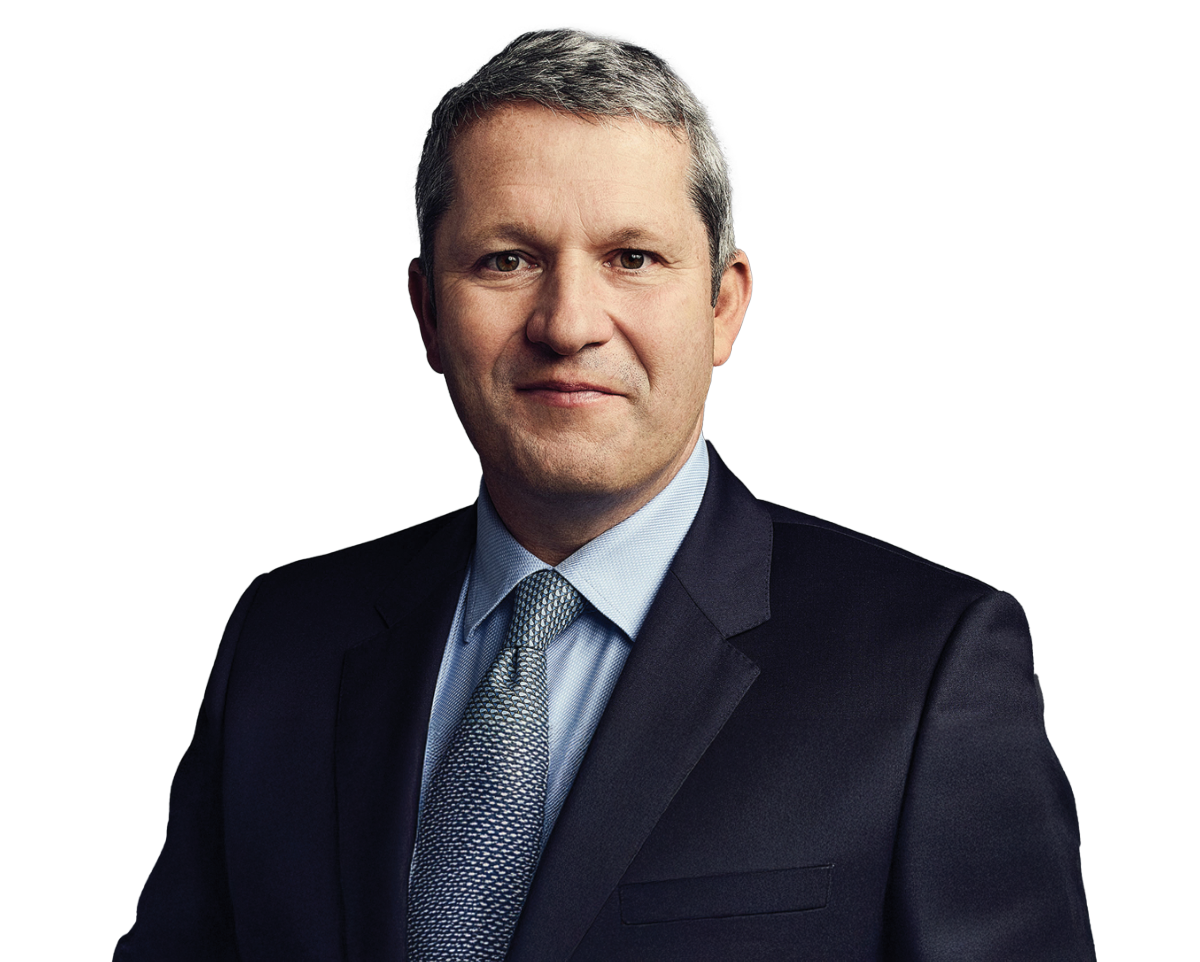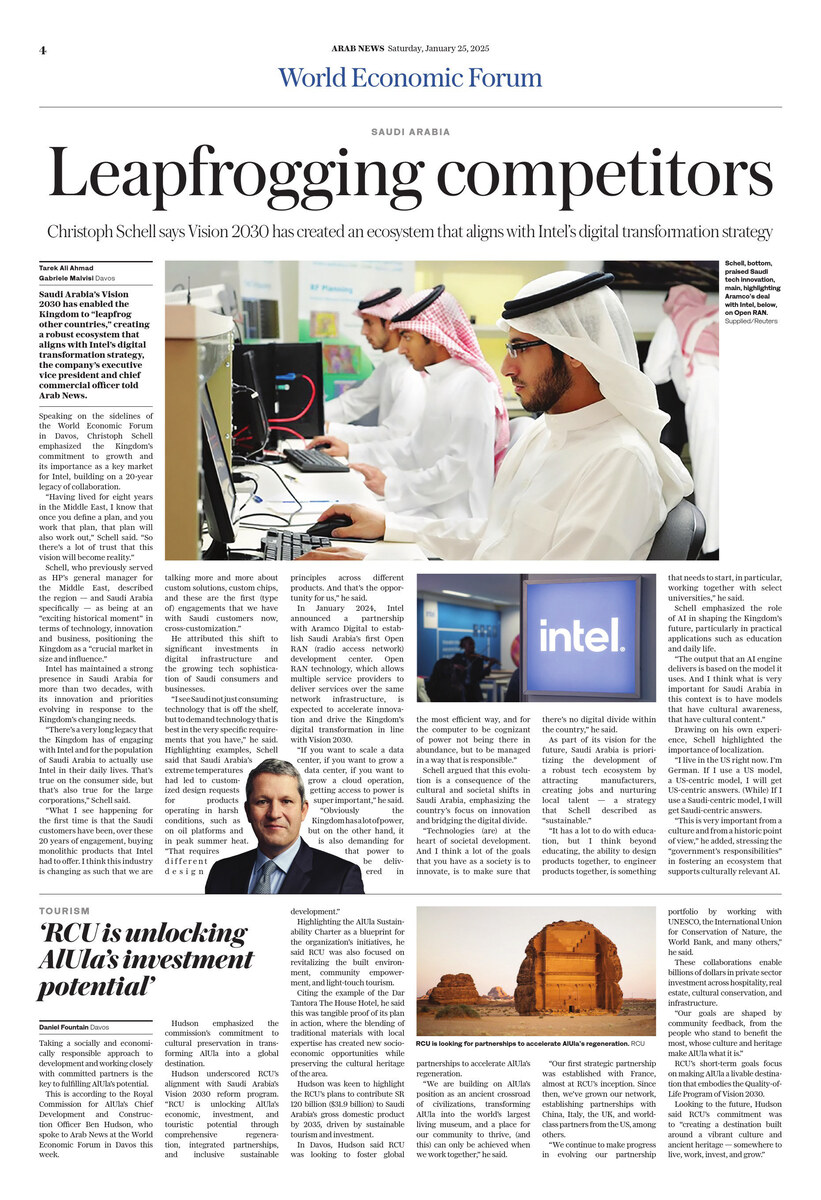RIYADH: Healthcare, urban living and transportation are all being revolutionized in Saudi Arabia thanks to the Kingdom’s enthusiastic adoption of 5G technology, experts have told Arab News.
The industry’s value in Saudi Arabia is expected to reach $13.41 billion by 2029 — up from $2.1 billion in 2023 — as Vision 2030 initiatives drive the Kingdom’s economic diversification, according to analysis by TechSci Research.
While telecommunications is the obvious sector to benefit from the rollout of this technology — which promises significantly faster data speeds, more reliable connections, and the ability to connect a multitude of devices simultaneously — it will expand the capabilities of many industries.
Nader Kobrosli, a partner in management consulting firm Oliver Wyman’s Communications, Media and Technology practice, said his company forecasts that this technology could provide an $18 billion boost to the economy by 2030.
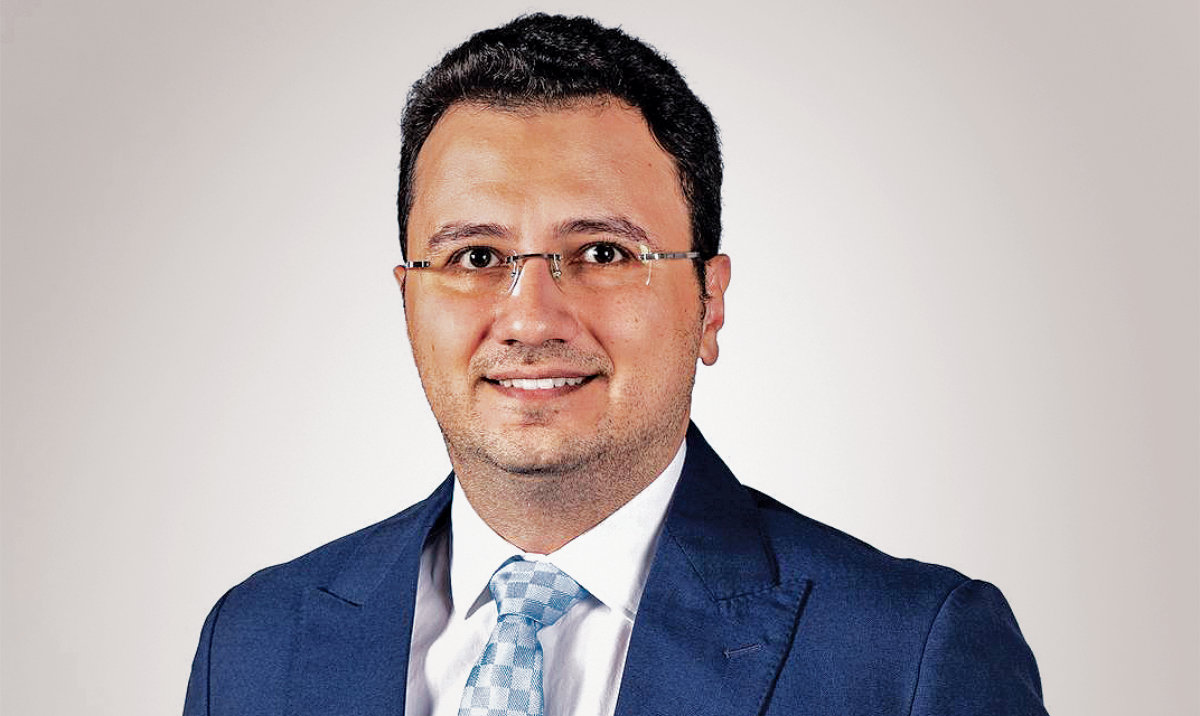
5G will play a crucial role in nurturing a knowledge-based economy, generating new job opportunities, and attracting foreign investments.
Nader Kobrosli, partner at Oliver Wyman’s Communications, Media and Technology practice
“By enabling high-speed connectivity, 5G fuels the adoption of AI and IoT, facilitating real-time data insights and enhancing efficiency across all major sectors, including manufacturing, retail, energy, healthcare, and public services. This means 5G will play a crucial role in nurturing a knowledge-based economy, generating new job opportunities, and attracting foreign investments,” Kobrosli said.
5G making cities smarter
By enabling smart city applications, 5G technology plays a crucial role in the Kingdom’s vision to transform its urban spaces into efficient, sustainable, and highly connected ecosystems.
“For residents, 5G facilitates seamless connectivity, enhances public safety, and improves transportation with real-time traffic management and autonomous vehicle integration,” said Federico Pienovi, chief business officer and CEO for Asia and Pacific as well as Middle East and North Africa at software development company Globant.
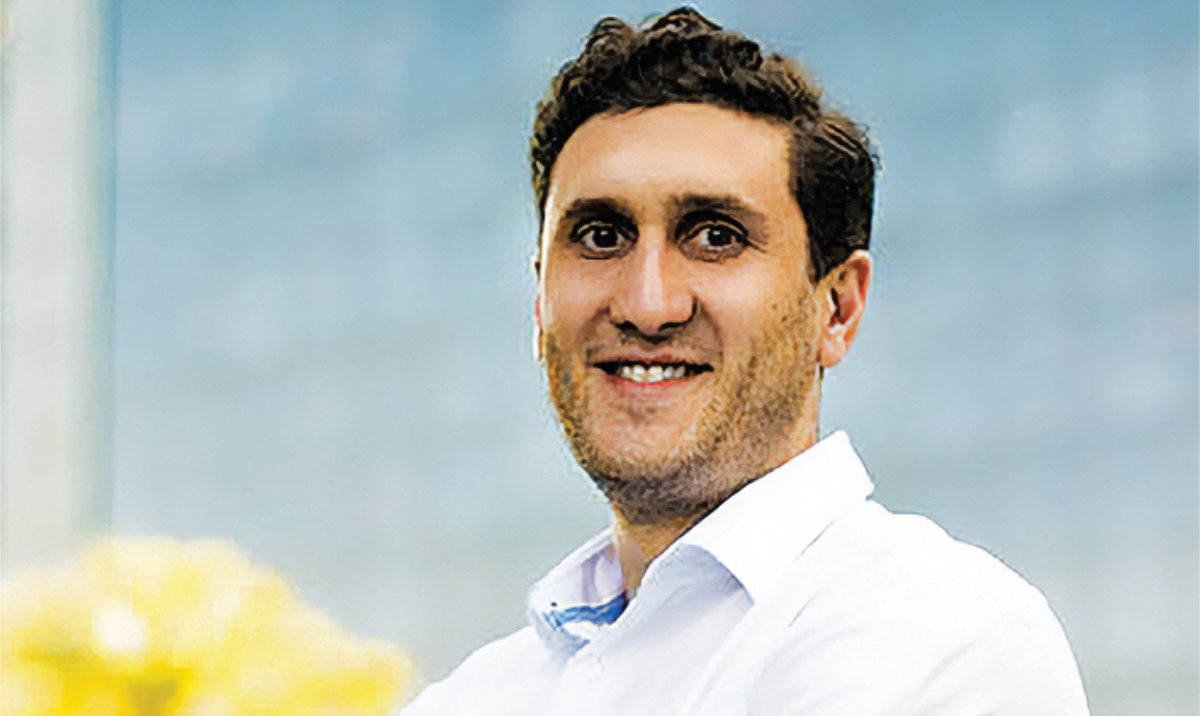
5G facilitates seamless connectivity, enhances public safety, and improves transportation with real-time traffic management and autonomous vehicle integration.
Federico Pienovi, chief business officer and CEO for Asia, Pacific and MENA at Globant
“It provides the infrastructure for data-driven insights, remote operations, and business automation, leading to increased productivity and cost efficiency. This connectivity ecosystem enriches everyday life, attracts talent, and drives economic growth, making Saudi Arabia a model for smart city development in the region,” he added.
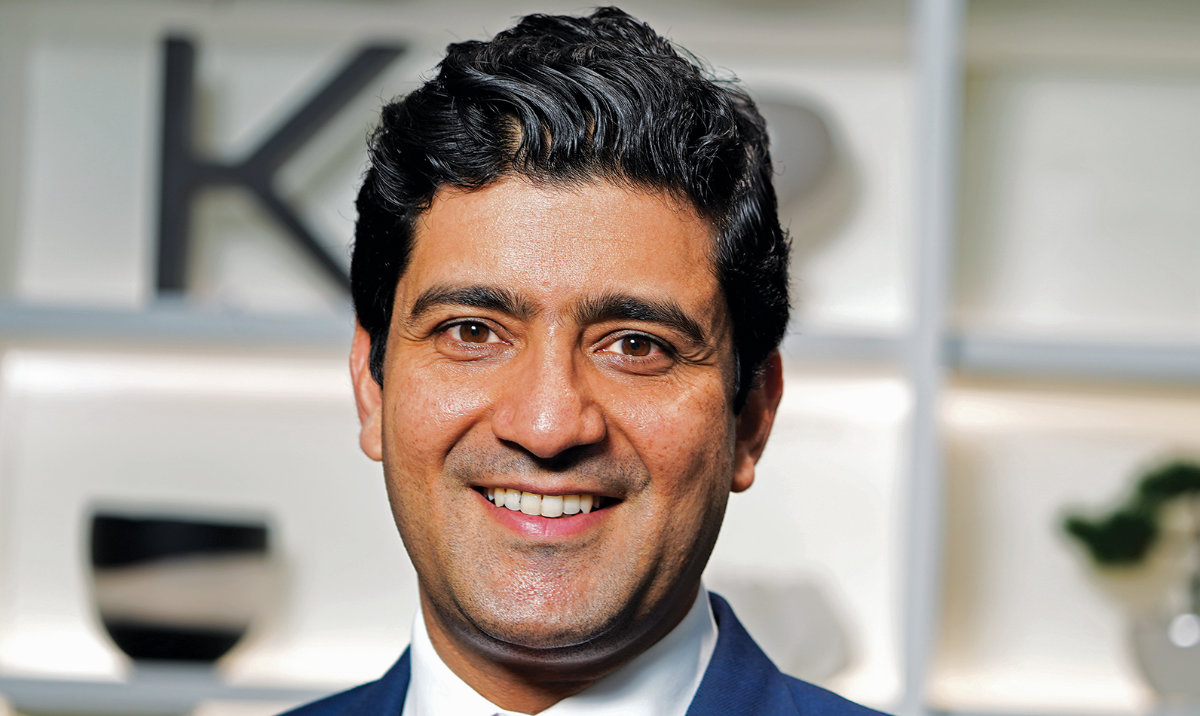
5G-led IoT services have already accelerated the proliferation of ‘smart’ services and industrial automation use cases.
Sauvik Tegta, partner at Kearney Middle East & Africa — Communications, Media, and Technology practice
Oliver Wyman’s Kobrosli noted that from energy savings to improved traffic flow, 5G will enhance urban living, and this in turn will attract significant investments and help position Saudi cities as models of innovation in the digital age.
“Residents and businesses will also benefit from this advanced infrastructure, and will enjoy a more connected, efficient, and environmentally-friendly urban environment,” he said.
Undoubtedly, 5G technology is an important catalyst in Saudi Arabia’s smart city initiatives, providing cutting-edge connectivity for new cities like NEOM and Qiddiya and existing conurbations such as Riyadh and Makkah.
“Through smart poles that incorporate 5G cell sites, KSA’s smart cities are empowered with intelligent use cases that enhance urban living — from connected transportation networks to energy-efficient buildings and smart utilities, all of which contribute to sustainability goals,” said Hazem Galal, partner, Cities and Local Government global leader, Smart Mobility Global co-leader, at PwC Middle East.
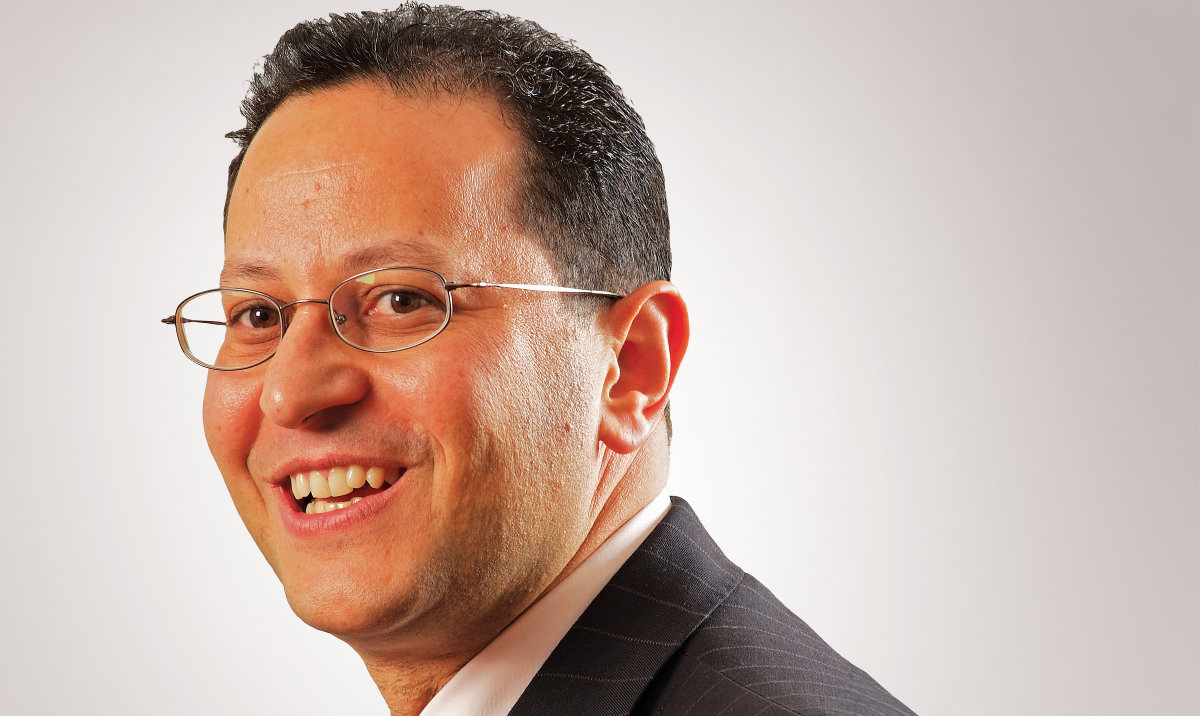
Through smart poles that incorporate 5G cell sites, KSA’s smart cities are empowered with intelligent use cases that enhance urban living.
Hazem Galal, partner, cities and local government global leader, smart mobility global co-leader, at PwC Middle East
Sauvik Tegta, partner at Kearney Middle East & Africa — Communications, Media, and Technology Practice, stressed that 5G is a core enabler, supporting Internet-of-Things-based capabilities in the near term, and more data-heavy and low latency capabilities in the mid-to-long term.
“5G-led IoT services have already accelerated the proliferation of ‘smart’ services and industrial automation use cases such as smart parking, smart lighting, smart meters and grids effectively modernizing an aging infrastructure,” he said.
The Kearney partner added that “ubiquitous high-speed mobile connectivity” now enables convenient “anywhere-anytime services” that are fundamentally reshaping social and work-life habits.
5G transforming healthcare
The rollout of 5G infrastructure is revolutionizing healthcare in the Kingdom, particularly in how services such as telemedicine, remote diagnostics, and AI-powered patient care, are delivered.
From Globant perspective, Pienovi said: “The high speed and low latency of 5G enable healthcare providers to extend their reach to remote areas through telemedicine and remote monitoring, allowing patients to connect with specialists without traveling, ultimately reducing congestion in urban hospitals.”
He added that 5G facilitates the integration of Internet of Medical Things devices, which optimize resource management and reduce costs by offering real-time data on patient health.
“Lastly, the low latency of 5G supports advanced applications like robotic surgeries and AI-driven diagnostics, enhancing precision and safety in medical interventions and improving overall patient outcomes,” Pienovi said. From PwC’s side, Galal emphasized that 5G’s low latency and high data capacity mean that healthcare providers can deliver real-time, high-quality care remotely, reaching patients in rural or underserved areas and thus enhancing access to care.
“While KSA is considered a highly urbanized country with more than 80 percent living in cities, the remaining population lives in rural areas, where access to a full range of health care services can be challenging. Furthermore, 5G’s capabilities in handling massive amounts of medical data securely and efficiently support advanced research, predictive analytics, and precision medicine, which are reshaping how healthcare is delivered and experienced in the Kingdom,” the PwC partner said.
Tegta from Kearney said that Saudi Arabia’s 5G infrastructure played a vital role in supporting healthcare services during the COVID-19 pandemic.
“As lockdowns took effect, 5G infrastructure became central to enabling telemedicine, remote patient monitoring, virtual consultations, and self-care. Public and private health care service providers were able to leverage multiple apps to enhance transparency, improve care coordination, accelerate communication, and enable faster response times,” the Kearney partner said.
“This foundation is expected to accelerate the adoption of more advanced digital healthcare services that will be proactive, personalized, predictive, and preventative. By 2030, services such as e-triaging, enhanced self-service and self-care, high-definition digital imaging, telesurgery, and connected ambulances will become commonplace,” he added.
Supporting education
According to Ian Khan, a technology futurist and author who writes on the subject of AI, 5G makes virtual and augmented reality accessible in classrooms, meaning students can explore a historical site or conduct experiments in a virtual lab from anywhere.
“In fact, VR and AR in education are projected to grow significantly, with the global market expected to reach $12.6 billion by 2025, largely driven by 5G technology. It’s also helping teachers personalize lessons because they can instantly access data on student progress and adjust in real-time,” Khan told Arab News.
“For rural areas, 5G bridges gaps by making remote learning smooth and reliable, ensuring all students have access to quality education. It’s a huge step toward a digitally savvy, future-ready workforce,” he added.
Rajesh Duneja, Partner at Arthur D. Little Middle East, said 5G technology is set to transform education in Saudi Arabia through developments such as enabling immersive augmented reality and virtual reality applications, and allowing students to engage in interactive, hands-on learning environments that make complex topics more accessible and engaging.
“Additionally, 5G’s high-speed connectivity will enhance the quality of video and audio for online classes, especially in remote areas where traditional Internet may be less reliable,” Duneja said.
He also flagged up how 5G supports a vast network of IoT devices in the classroom, from interactive whiteboards to smart desks, enabling personalized learning experiences that cater to each student’s needs.
Saudi Arabia’s signal to the world
Technology futurist Khan said that Saudi Arabia’s leadership in 5G didn’t happen by accident and is the result of strategic planning.
“The Kingdom invested heavily in telecom infrastructure, spending an estimated $1.5 billion by 2022, which aligns with our Vision 2030 goals to diversify the economy through digital transformation,” Khan said.
“Strong public-private partnerships, particularly with telecom companies like STC and Zain, helped speed up 5G deployment. Progressive regulations by the Communications and Information Technology Commission have also made it easier for telecoms to innovate, boosting Saudi Arabia’s position not just regionally but globally,” he added.
Arthur D. Little’s Duneja said the government’s investment in an expansive fiber network has been critical as it supplies the high-capacity backhaul needed to support 5G’s bandwidth demands.
“Additionally, streamlined regulations for international Internet connectivity have enabled easier data flow and stronger connectivity options. Support from the Ministry of Communications and Information Technology has also been crucial, with efforts to promote a thriving digital economy that positions the Kingdom at the forefront of technological innovation in the region,” he added.
Ranking third in 5G download speed across Europe, the Middle East, and Africa, according to Opensignal, only underscores Saudi Arabia’s commitment to being a technology leader.
With its 5G speeds reaching around 272.6 Mbps, the Kingdom’s advanced infrastructure is on display for the world to see.
“This achievement lays a strong foundation for advances in everything from AI to smart cities. High-speed connectivity means we can support the next generation of tech innovations, like autonomous vehicles and IoT networks, that require reliable, fast data,” Khan said.
“It’s a signal to the world that Saudi Arabia is serious about its digital future, making it an attractive hub for global tech investments and partnerships,” the technology futurist added.










